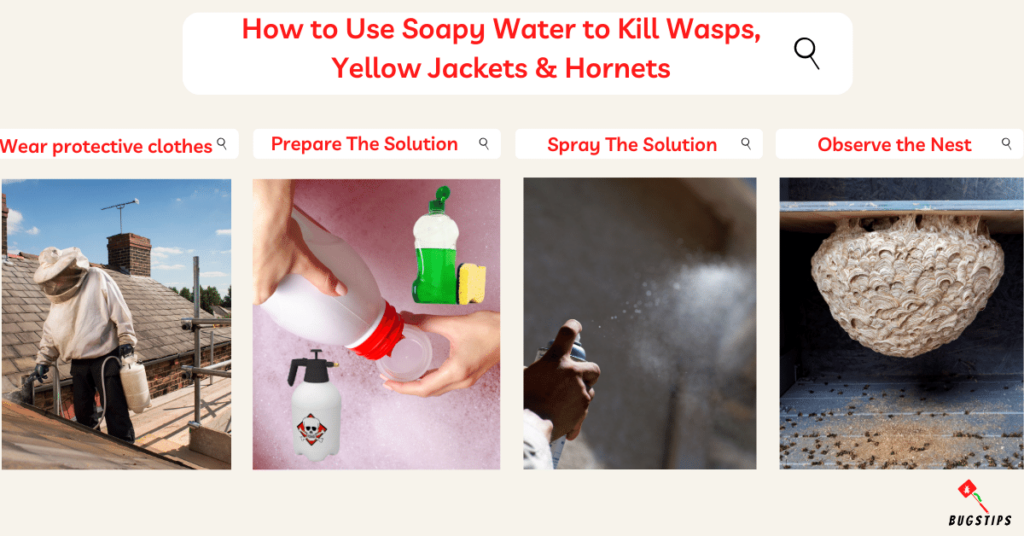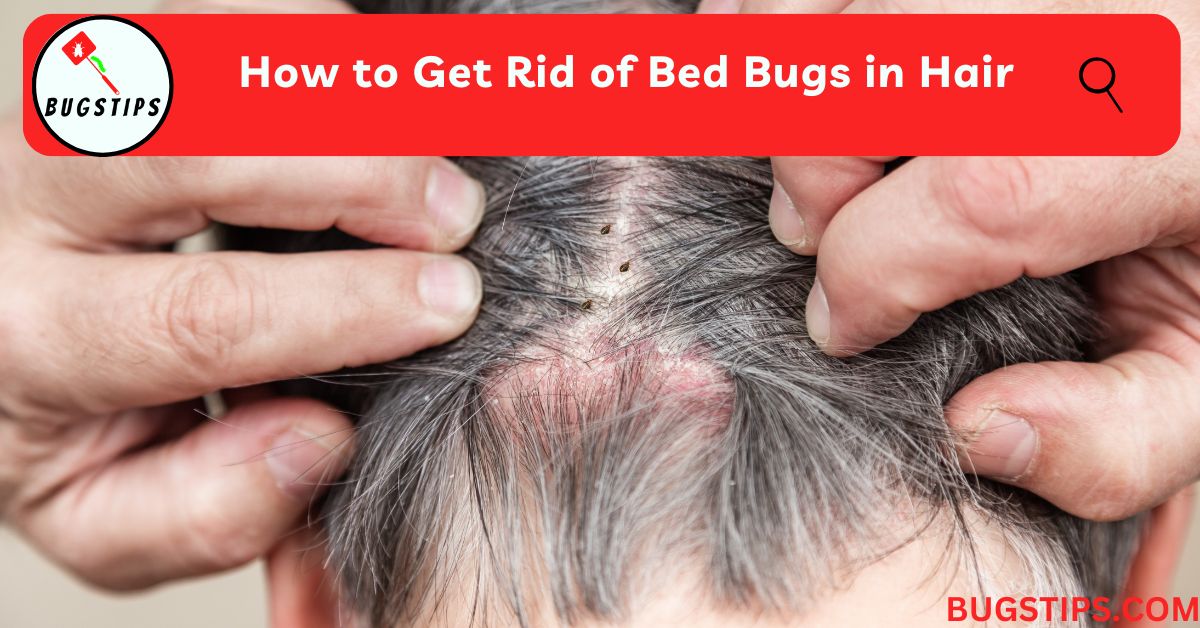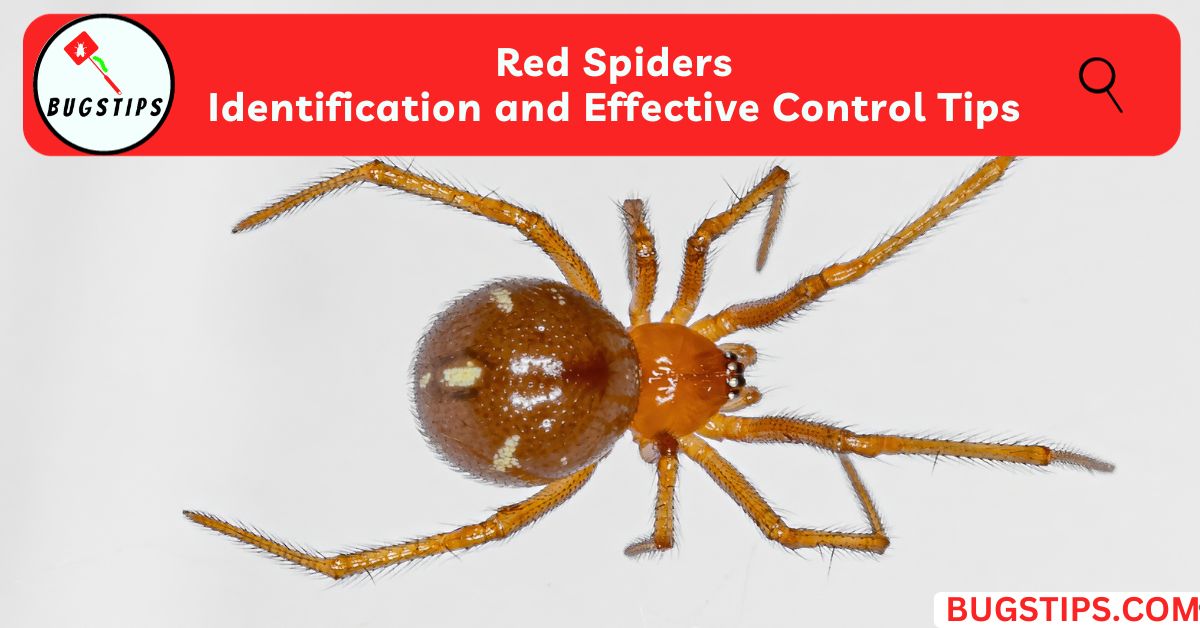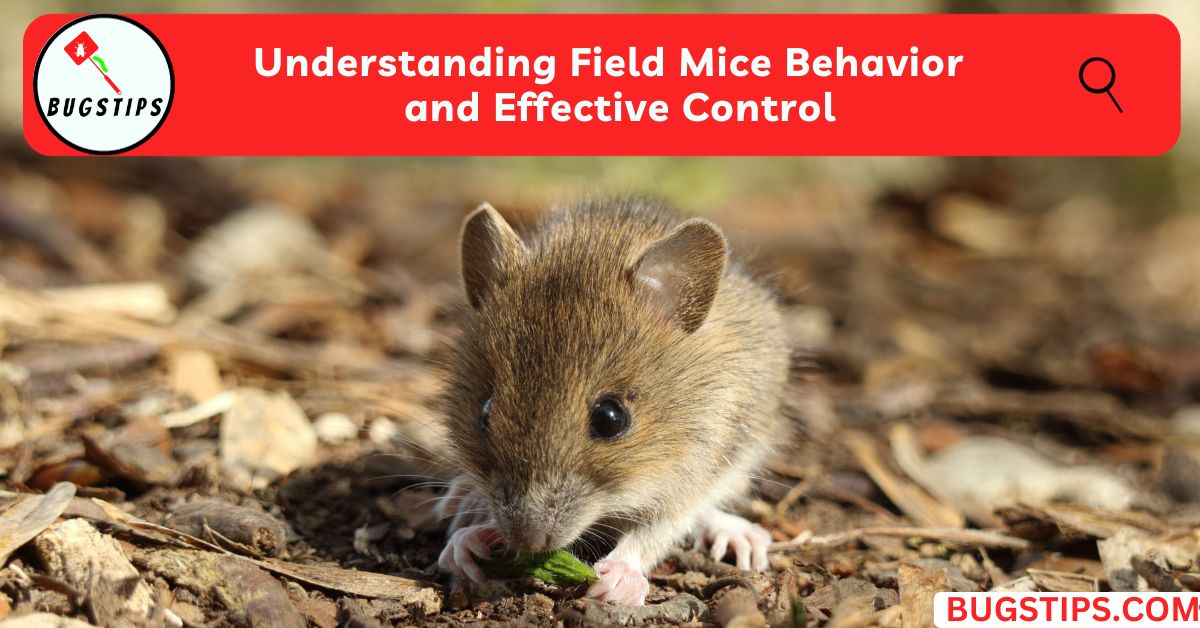This post may contain affiliate links which means as an Amazon Associate, this site may earn a small commission on qualified purchases made through links at no extra cost to you. Learn more on Affiliate Disclosure
Does soapy water kill wasps, yellow jackets, and hornets? If you’re dealing with a wasp infestation, you may be wondering if you can use a natural remedy like soapy water to get rid of these buzzing pests.
Soapy water has long been touted as an effective way to control wasps, and it’s easy to see why.
Not only is it a safe and affordable solution, but it can also be made with ingredients you probably already have at home.
In this article, we’ll explore the science behind using soapy water to kill wasps, as well as provide tips on how to use it safely and effectively.
You May Also Like – Does Windex Kill Spiders? An Expert Analysis
Does Soapy Water Kill Wasps, Yellow Jackets & Hornets?
Using soapy water can indeed kill wasps, yellow jackets, and hornets. It’s a useful DIY method to control small infestations of these stinging insects around your property.
The beauty of this natural solution lies in its simplicity and safety for humans, pets, and the environment.
However, it’s important to keep in mind that while soapy water can be effective against individual wasps or small nests, it may not always be sufficient to eliminate entire nests or handle large infestations.
Related Article – Wasps at Night | How to Stay Safe
How Does Soapy Water Kill Wasps, Yellow Jackets & Hornets?
The secret behind the effectiveness of soapy water in eliminating these flying insects lies in its simple yet powerful mechanism.
When you spray soapy water directly on these stinging insects or their nests, the soap disrupts a crucial aspect of their respiratory system, ultimately leading to their demise.
Wasps, yellow jackets, and hornets breathe through tiny openings on their bodies called spiracles. These spiracles are responsible for delivering oxygen to their internal organs, allowing them to function properly.
When soapy water comes into contact with these insects, the soap molecules coat their bodies and wings.
As the soapy water clings to their exoskeleton, it clogs the spiracles, preventing the flow of oxygen into their respiratory system. This blockage disrupts the insects’ ability to breathe, causing suffocation.
Without a steady supply of oxygen, these wasps, hornets, and yellowjackets quickly succumb to the effects of soapy water.
The effectiveness of soapy water is not limited to individual insects. When sprayed directly on their nests, the soapy water can penetrate the crevices and entry points, effectively reaching and suffocating the entire colony.
This makes it a viable solution for small infestations, especially when the nest is visible and accessible.
Related Article – 15 Tiny Yellow Bugs
How to Use Soapy Water to Kill Wasps, Yellow Jackets & Hornets
Using soapy water to eliminate wasps, yellow jackets, and hornets is a straightforward and effective process.
When dealing with these stinging insects, follow these steps to ensure you use soapy water safely and achieve the best results.

Safety First
- Before approaching the nest or the insects, prioritize safety.
- Wear protective clothing such as long sleeves, pants, gloves, and a hat with a veil.
- This will help shield you from potential stings and minimize the risk of getting injured.
Choose the Right Time
- Timing is crucial when dealing with wasps, yellow jackets, and hornets.
- The best time to use soapy water is during dusk or early morning when the insects are less active.
- During these periods, they are less likely to be aggressive, reducing the chances of being stung.
Prepare The Solution
- Prepare a solution of dish soap or liquid soap and water in a spray bottle.
- The ideal ratio is one tablespoon of soap per one quart of water. You can adjust the concentration based on the severity of the infestation.
- Opt for a spray bottle with a concentrated and high-pressure stream, as this will allow you to reach the nest from a safe distance.
Related Article – Bugs in Mailbox: 10 EASY Ways to Keep Them Out
Maintain a Safe Distance
- Stand at least 10-15 feet away from the nest when spraying the soapy water.
- Keeping a safe distance will minimize the risk of provoking the wasps, yellow jackets, or hornets.
Spray The Solution
- Directly aim the spray nozzle at the nest and insects, and thoroughly drench them with the soapy water solution.
- Ensure complete coverage to ensure the effectiveness of the suffocation process.
Observe the Nest
- After applying the soapy water, step back and observe the nest from a safe distance.
- You may notice some wasps, yellow jackets, or hornets flying erratically as they succumb to the effects of the suffocation.
Repeat if Needed
- In the case of large or persistent nests, you may need to repeat the application of the soapy water.
- Wait for a few hours before reapplying to ensure the best results.
When making the soapy water solution, opt for mild, liquid dish soap or laundry detergent. Avoid using highly scented or antibacterial soaps as they may not be as effective. Also, make sure the soap is free of any additives or moisturizers that could prevent it from breaking down the insects' exoskeleton.
Related Article – 14 Small Tiny Brown Bugs In House
How Long Does It Take for Soapy Water to Kill Wasps?
The time it takes for soapy water to kill wasps depends on various factors, such as the concentration of soap, the size of the nest, and the activity level of the insects.
Generally, it can take anywhere from a few minutes to an hour for the soapy water to take effect and kill the wasps, yellow jackets, or hornets.
For individual wasps or small nests, the suffocation process may be relatively quick. Some insects may fall to the ground within seconds, while others may take a minute or two to succumb to the effects of the soapy water.
However, it’s essential to note that the time it takes to eliminate an entire nest can vary. In some cases, it may take several minutes to completely eradicate the nest’s inhabitants.
Additionally, larger nests with a higher population of stinging insects may require multiple applications of the soapy water solution.
You May Also Like – Gnats vs Fruit Flies | Spotting the Difference
Pros and Cons of Using Soapy Water to Kill Wasps
This DIY method offers several benefits, but like any approach, it has its limitations.
Let’s explore the pros and cons of using soapy water for wasp control to help you make an informed decision when dealing with these buzzing intruders.
| Pros of Using Soapy Water | Cons of Using Soapy Water |
|---|---|
| Environmentally Friendly | Limited Effect on Large Infestations |
| Safe for Humans and Pets | Requires Close Proximity |
| Cost-Effective | Multiple Applications |
| Readily Available | Not a Preventive Measure |
| Simple Application | Temporary Solution |
| Suitable for Small Infestations | May Attract Attention |
Pros of Using Soapy Water to Kill Wasps
Environmentally Friendly
- Soapy water is a natural and environmentally friendly solution for wasp control.
- It poses minimal risks to beneficial insects and the ecosystem compared to chemical insecticides.
Safe for Humans and Pets
- Soapy water is non-toxic to humans and pets, making it a safer alternative to chemical sprays.
- It allows you to handle wasp infestations without worrying about harmful effects on your health or your furry companions
Cost-Effective & Readily Available
- Soapy water is an affordable option for wasp control since it only requires common household items such as water and biodegradable liquid dish soap.
- The ingredients for making soapy water are readily available in most households, making it convenient to prepare when needed.
Simple Application
- Using soapy water is easy and doesn’t require any specialized equipment.
- A spray bottle is all you need for an effective application.
Cons of Using Soapy Water to Kill Wasps
Limited Effect on Large Infestations
- Soapy water may not be as effective in eliminating entire nests or large infestations of wasps, yellow jackets, or hornets.
- For larger nests or highly active insects, multiple applications of soapy water may be necessary, which can be time-consuming.
- In such cases, professional pest control services may be necessary.
Requires Close Proximity
- To ensure effectiveness, soapy water must be sprayed directly on the insects or their nests, which can be risky if the nest is large or aggressive.
- The act of spraying soapy water on the nest may attract the attention of aggressive wasps, potentially leading to defensive behavior and stings.
Not a Preventive Measure
- Soapy water is more suitable for active infestations and may not serve as a preventive measure against future wasp colonies.
You May Also Like – 12 Tiny Black Bugs on Window Sill | Quick Fixes
Final Thoughts
Soapy water can be an effective and affordable solution for eliminating small infestations of wasps, yellow jackets, and hornets.
Its ability to clog the insects’ respiratory system and suffocate them makes it a viable alternative to commercial insecticides.
However, it’s important to use soapy water safely and effectively by wearing protective clothing, maintaining a safe distance, and using the right concentration of soap and water.
If you choose to use soapy water, it’s crucial to prioritize safety and take necessary precautions to ensure a successful and risk-free wasp control process.
For large or highly aggressive nests, seeking professional pest control help may be the safest and most effective approach.
By understanding the pros and cons of using soapy water and following the tips outlined in this article, you can safely and effectively use this method to handle small infestations of wasps.
FAQs
Are wasps afraid of water?
No, wasps are not generally afraid of water.
Can I spray a wasp nest with water?
Yes, you can spray a wasp nest with water. However, it may not be an effective method to eliminate the nest.
Will hot water kill wasps?
Hot water may kill individual wasps on contact, but it’s not a reliable method for nest elimination.
Does boiling soapy water kill wasps?
Yes, boiling soapy water can be effective in killing wasps and their nests.
Does soapy water kill yellow jackets?
Yes, soapy water can kill yellow jackets.
Does soapy water kill hornets?
Yes, soapy water can kill hornets.
How fast does soapy water kill wasps?
Soapy water can start suffocating wasps within seconds to minutes of contact.
Do wasps like the smell of soap?
No, wasps are not attracted to the smell of soap.
Can I use any type of soap?
Use biodegradable, unscented liquid dish soap for the best results and minimal environmental impact.
Can I use soapy water for underground wasp nests?
Soapy water may not be effective for underground nests as it might not reach the entire nest.
Can I use the soapy water solution indoors?
Using the soapy water solution indoors is not recommended as it can cause a mess and may not be effective for large infestations.
Does vinegar kill wasps?
Vinegar may repel wasps, but it is not a reliable method for killing them.
Will bleach kill wasps?
Bleach is not an effective or recommended method for killing wasps and can be harmful to the environment.
Resources – (for further reading)
Arizona State University – Insect Breathing | Ask A Biologist
North Dakota State University – insect morphology – respiratory system 1



